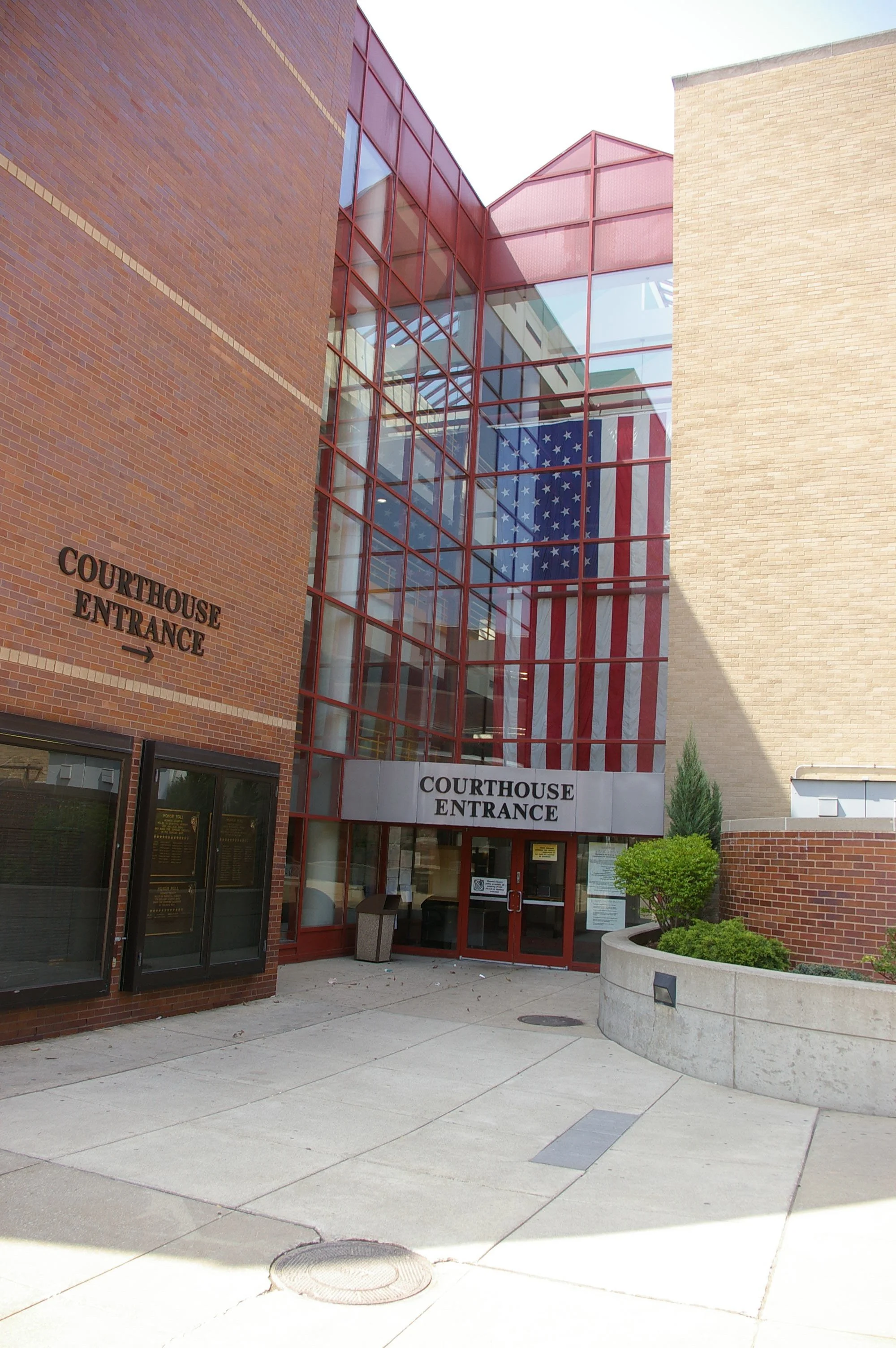Developmentally Disabled
Guardianships
The process of establishing a guardianship for a developmentally disabled individually typically requires a hearing where the petitioner (often a family member or concerned individual) requests that a guardian be appointed for the protected individual. A detailed medical report, which is kept out of the public record, is included with the petition. If a medical report isn’t included, the court can order an evaluation be provided under MCL 330.1612(3). The court will appoint counsel for the protected individual if one does not already appear.
An individual subject to a developmentally disabled guardianship may communicate a request to modify or discharge the guardianship to the court by any means, including oral communications and informal letters. Upon receipt, the court must set the matter for hearing and an attorney must be appointed for the individual. Upon termination of a guardianship, the developmentally disabled person regains all legal and civil rights that had been designated as legal disabilities or specifically granted to the guardian.
To be considered developmentally disabled, the protected person must suffer from a long-term, likely incurable, mental and/or physical impairment that arose before the person turned the age of 22.
This specialized form of guardianship is designed to provide support, protection, and advocacy for individuals who may have difficulty making decisions or managing their affairs due to developmental challenges. In order to be eligible, a protected person must have substantial functional limitations with the major life activities of self-care, receptive and expressive language, learning, mobility, self-direction, capacity for independent living, or economic self-sufficiency.
There are several types of developmental guardianships, including:
Partial Guardian: A partial guardian is a guardian who possesses fewer than all of the legal rights and powers of a plenary guardian, and whose rights, powers, and duties have been specifically enumerated by court an order.
Full guardian: A guardian who has full custody, care, and control over a protected individual and whose rights have not been restricted by court order.
Plenary Guardian: Plenary guardian means a guardian who possesses the legal rights and powers of a full guardian of the person, or of the estate, or both.
Standby Guardian: The Court may designate one or more standby guardians whose appointment shall become effective upon the death, incapacity, or resignation of the initial guardian. The powers and duties of the standby guardian shall be the same as those of the initially appointed guardian.
Limited guardianship allows the person to retain some decision-making authority, while full guardianship involves the guardian having more comprehensive decision-making powers. Developmental guardianships are also subject to ongoing court oversight and periodic review to ensure that the guardian is fulfilling their duties appropriately. This oversight serves to protect both the rights of the individual and provides a mechanism for addressing any changes.
Wayne County Probate Court
1305 Coleman A. Young Municipal Center
Two Woodward Avenue
Detroit, Michigan 48226
(313) 224-5706
mentalhealth@wcpc.us
Monroe County Probate Court
125 East Second Street Monroe,
Michigan 48161-2197
(734) 240-7000
Oakland County Probate Court
1200 N. Telegraph Road
Pontiac, MI 48341
(248) 858-1000
ProbateDD@Oakgov.com
FAQs about Developmentally Disabled Guardianships in Michigan
What is a Developmental Disability Guardianship?
A developmentally disabled guardianship is a legal arrangement established to provide support and decision-making assistance for individuals with developmental disabilities. It allows a guardian to act on behalf of the person with a longstanding and permanent disability in matters such as healthcare, education, and finances.
How is a Developmental Disability Guardianship Established?
To establish a Developmental Disability Guardianship, a petition is filed with the probate court in the county in which the protected person resides. The court assesses the individual's developmental challenges and determines whether a guardian is necessary. This process is outlined in Michigan law under MCL 700.5204.
Who Can Serve as a Guardian for a Person with a Developmental Disability?
Any competent adult can potentially serve as a guardian for a person with a developmental disability. The court considers the best interests of the individual when appointing a guardian.
What are the Responsibilities of a Guardian for a Person with a Developmental Disability in Michigan?
A guardian for a person with a developmental disability is responsible for making decisions in the best interests of the individual. This includes decisions related to healthcare, maintenance, living arrangements, education, and financial matters. The guardian is required to keep a resume of the guardianship visits and activities and complete a report to the court as needed.
What Factors Does the Court Consider in Establishing Guardianship?
The court considers the specific developmental challenges of the individual, their capacity to make decisions, and the necessity for a guardian to protect their well-being and interests. The court will also consider any medical reports and testimony about the individual’s state to determine if a guardianship is necessary, and if so, if there can be any limitations.
Can a Guardian for a Person with a Developmental Disability Be Changed?
Under certain circumstances, a guardian for a person with a developmental disability can be changed. This may involve demonstrating to the court that a change in guardianship is in the best interests of the individual.
How Long Does a Developmental Disability Guardianship Last?
The duration of a Developmental Disability Guardianship depends on the circumstances and the ongoing needs of the individual. The court may periodically review the guardianship no less than every five years to determine its continued necessity.
Can a Developmental Disability Guardianship be Challenged?
Yes, both the protected party as well as any interested party can contest the establishment of a guardianship. Challenges may be based on factors such as changes to the individual's capacity to make decisions or the suitability of the proposed guardian.
Where Can I Find More Information on Developmental Disability Guardianships in Michigan?
For detailed information on Developmental Disability Guardianships in Michigan, you can refer to the official legislative document provided by the Michigan Legislature under MCL 700.5204.
This FAQ provides general information and is not a substitute for legal advice. If you have specific questions or need guidance on Developmental Disability Guardianships, it is recommended to consult with a qualified attorney familiar with Michigan guardianship laws.
-

Powers and Duties of a Guardian and Michigan's MCL 700.5314
When it comes to guardianship over a protected persons in Michigan, it's crucial to understand the legal framework governing the powers and responsibilities of guardians for protected individuals. In this blog post, we'll delve into the details of this statute and explore the powers and duties of a guardian for a protected person.
-

Guardianship in Michigan — The Process of Being Appointed Guardian of a Protected Individual
The appointment of a guardian involves a detailed legal process, and guardians are vested with specific powers and duties to protect the best interests of the person under their care. This blog post explores the powers and duties of guardians in Michigan and outlines the process of appointing a guardian, who can be considered, and a guardian’s right and duties.
-

Protecting Personal Information: Recent Updates in Michigan Probate Filing Requirements
Michigan courts have updated court rules and filing requirements in order to remove protection of personal information (PII) from the public Michigan probate system. In this blog post, we'll discuss the recent updates in Michigan Courts that aim to safeguard personal information and introduce the newly required probate filing forms.




